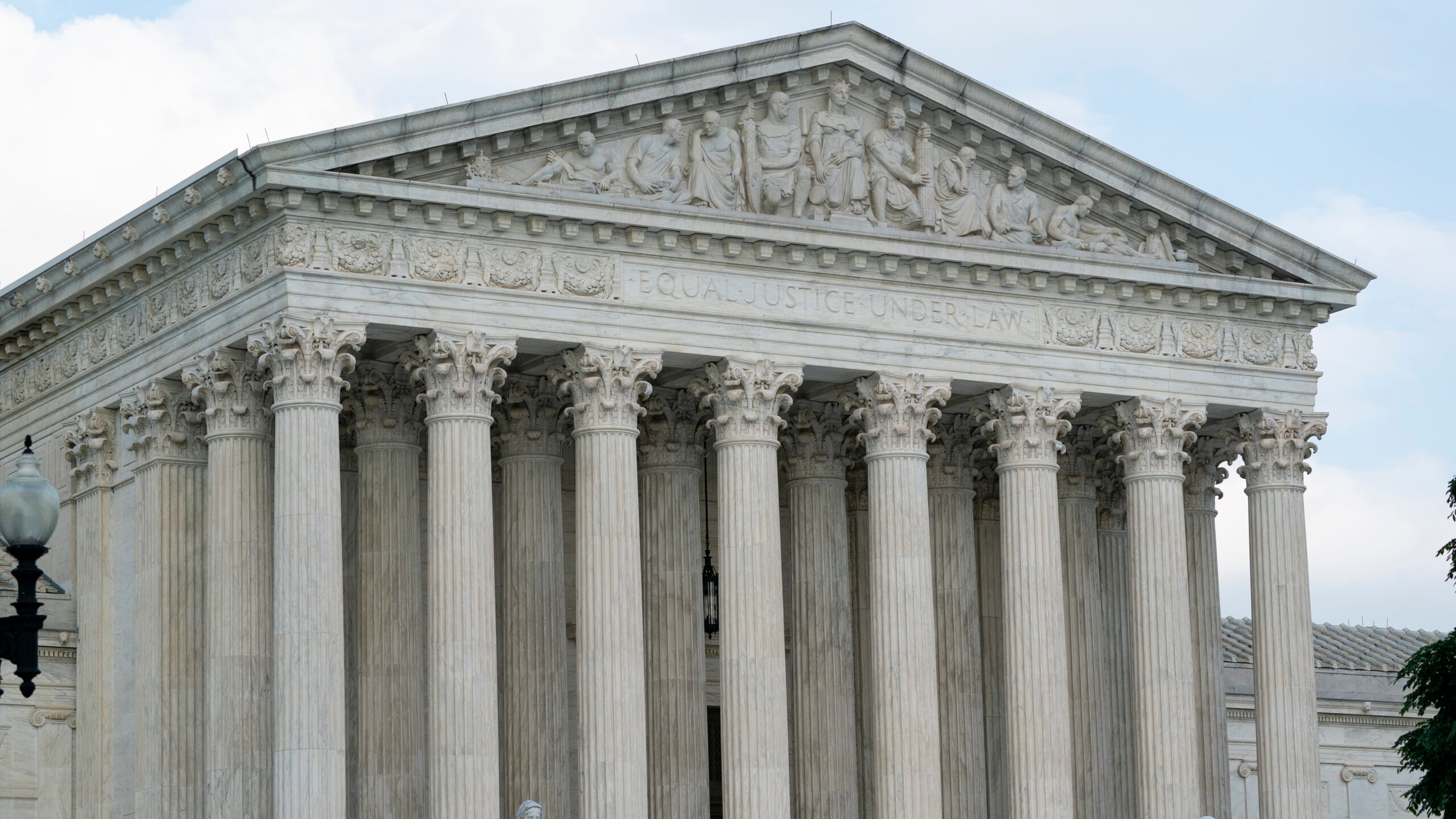SCOTUS starts new term, cases could impact Minnesotans
[anvplayer video=”5139046″ station=”998122″]
Months after their landmark decision to overturn Roe vs. Wade, the United States Supreme Court began its new term – arguments Monday included a case that could impact Minnesotans.
It’s also a historic state for the highest court with the first ever Black woman, Justice Kentanji Brown Jackson, serving a post.
“There are so many cases that have the potential to affect every day [Americans] and Minnesotans as well,” Elizabeth Bentley, a visiting professor at the University of Minnesota’s Law School and director of the school’s new Civil Rights Appellate Clinic, said.
Bentley says Monday, arguments were heard in Sackett v. Environmental Protection Agency (EPA) – a case that could impact one of Minnesota’s most valued treasures: water.
“[Sackett v. EPA] involves a couple out of Idaho who wants to build on a piece of land that has wetland, that is not directly connected to waters, but the EPA came in and said, ‘No, you can’t do that,’” Bentley said.

The U.S. Supreme Court building is shown Wednesday, May 4, 2022 in Washington. (AP Photo/Alex Brandon)
She says at the crux of this is the challenge against The Clear Water Act – the outcome could change the rules for millions of acres that contain wetlands.
“It certainly [it’s] one that you should keep an eye on,” Bentley said about the case, adding: “Not only does it deal with individual rights and property rights, which could affect everybody, but really it’s taking a step back and looking at what is our federal government’s ability to protect our natural environment.”
Another case Bentley said Minnesotans might want to watch closely questions the Indian Child Welfare Act – that gives Native Americans preference in adoptions of Native children, among other things. Arguments are expected next month.
“It’s important because it has the potential, in the event that the court finds that is unconstitutional, to affect other areas of tribal sovereignty, and the way that Congress is able to regulate its relationship with our Indigenous communities,” Bentley said.
Adding this is all coming at a time when the SCOTUS has the lowest public approval rating – which Bentley says is hovering around 25%.
Also, it’s a historical time – a time many feel is overdue with the first Black woman on the high court.
“Just her presence alone, I think is important,” Amanda Matchett, treasurer with the Minnesota Association of Black Lawyers (MABL), said.
“Bringing not only her judicial experience, but that lived experiences of black woman on these cases that can impact our day to day, it can’t be overstated how important that is,” Matchett added.
You can listen-live, or back, to SCOTUS arguments here.